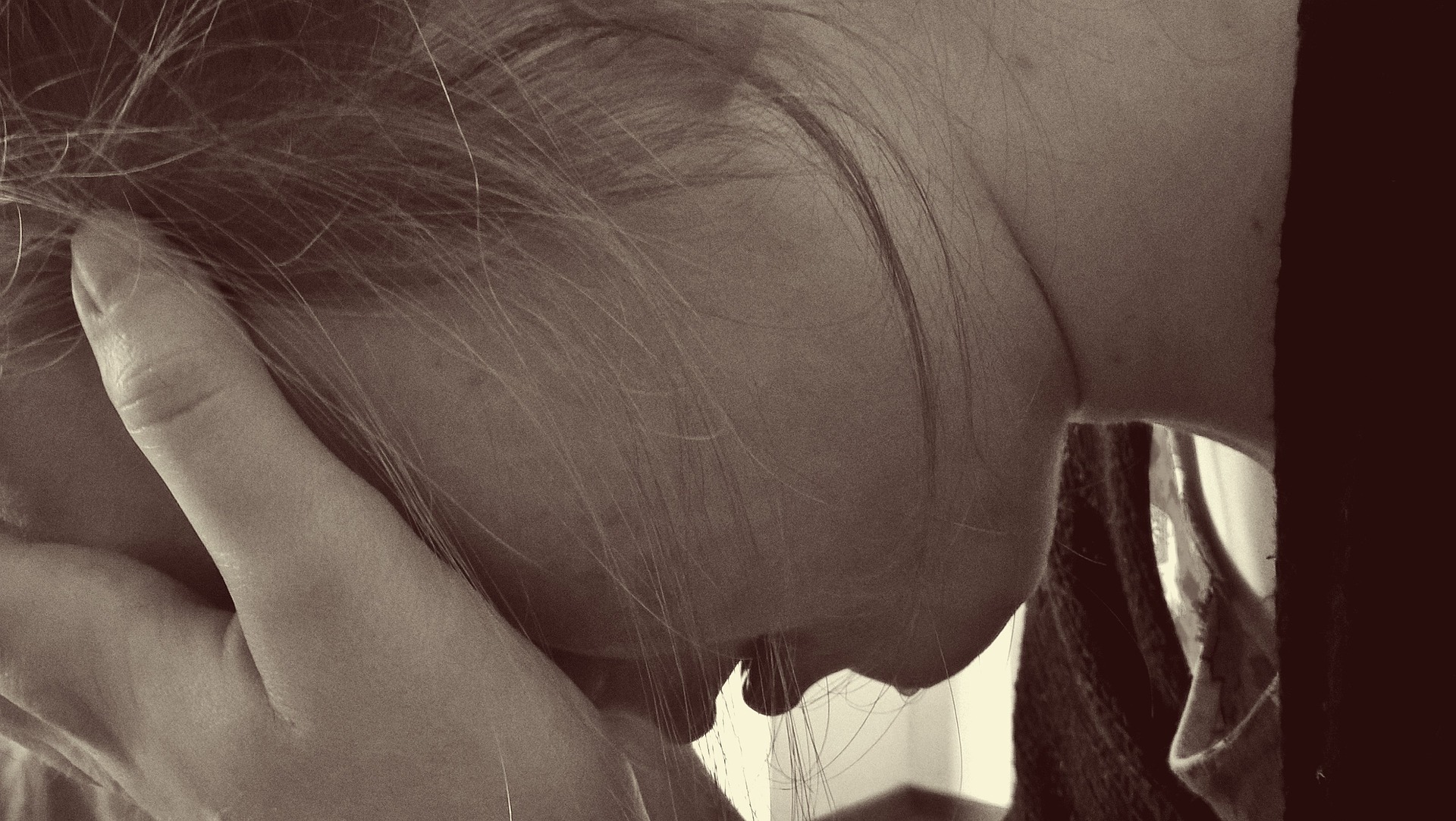Three common reasons for your baby’s short naps
Short naps can be a real problem as they can easily lead to a downhill spiral of little sleep and poor feeding. Feeding issues can play a big part here, especially for young babies. But what if your baby has past the six month mark and feeding is going well? You’ve also been reading up and think you have the timing right, and she fell asleep OK – so why oh why is she waking after only 20 – 30 minutes?!
Twenty minutes, just when you’re about to catch up on that never ending mountain of washing, or heaven forbid starting to relax (was that a hot drink in your hand?).
You know she’s tired but you get that feeling that maybe she’s waking because she just doesn’t want to let you get ANYTHING done. Yes, it can be incredibly frustrating, and of course you know your baby’s not really doing it to sabotage your productivity… but come on!!
There are actually a whole lot of reasons why your baby might wake up after a 20 minute nap, but here are my three most common ones:
1. He fell asleep with a prop in his mouth
External props like a bottle, breast, or a dummy in a baby’s mouth can speed up the process of getting him to sleep, and admit it, we love it when baby falls asleep quickly!
But when a baby always uses something to suck on to fall asleep he will begin to associate that something with sleep. So when he wakes briefly during his sleep cycle, (which can occur anywhere between 20 and 40 minutes) he’s not exactly sure how to get back to sleep, because that “something” is no longer in his mouth.
It’s not unusual for a baby to start some hard crying at this point because he is still tired, and the thing he used to get to sleep has gone. This is one to watch for, because even though it makes the initial drift off to sleep quicker, it can be absolute trouble at the 20 minute mark.
And once he is wide awake, getting him to go back to sleep after that cat nap may not happen anytime soon.
2. She’s not waking up in the same place she fell asleep
This is the scenario where you transfer her to the cot AFTER she’s fallen asleep, and if you can turn this one around it can be a game changer.
Often your baby has learnt how to fall asleep on his or her own, but it’s either in the car, or the pram or in your arms… that is, anywhere other than her bassinet or cot.
In this instance, when she wakes up, she can recognise she’s in a familiar place, but it’s a spot she normally associates with waking up, not falling asleep. So she does what she assumes is standard practice; starts crying for Mum, until Mum comes and gets her up.
To turn this around, you need to put your baby down for her naps in her cot. Once she starts associating those surroundings with the full journey from being awake to falling asleep to sleeping, she’ll have a much easier time transitioning between sleep stages and sleep cycles on her own. Trust me.
3. He was overtired when he fell asleep
If you’ve read a few of my blogs or heard one of my talks, you’ll know that “sleep begets sleep”. So missing out on sleep due to poor-quality naps is not a good thing.
Sleep isn’t always rational. And while people often think that our body will help us out and let us have more sleep when we need it, this is often NOT the case. A lot of children haven’t yet developed the ability to pay back sleep debt by sleeping longer.
When babies and children get overtired, their bodies try to compensate with what can look like a bit of a slapstick routine. Their brain appears to pull random levers and switches, and release hormones all willy-nilly, often stimulating them more, not helping them sleep.
As a result, your baby’s sleep is easily interrupted, and when he wakes, he’s grumpy, irritable, and edgy, which makes it virtually impossible for him to get back to sleep.
So yes, I recommend sleep schedules. Once your baby gets into a rhythm or pattern of naps, the problem of overtiredness will simply go away.
As I said at the beginning, there are numerous reasons for short naps. Sleep is complex after all. While these are the common three, feeding or wind issues, overheated bedrooms, itchy pyjamas, fancy mobiles, and distracting baby rooms can also play a part, as can a myriad of other things.
Hopefully this has helped identify the reason for your baby’s short naps. If you’re wondering what the next step is, or how to turn it around, do book in a free 15-minute initial phone call with me to discuss your options. And follow me on Facebook for sleep tips, giveaways and more!
Sleep well xx

